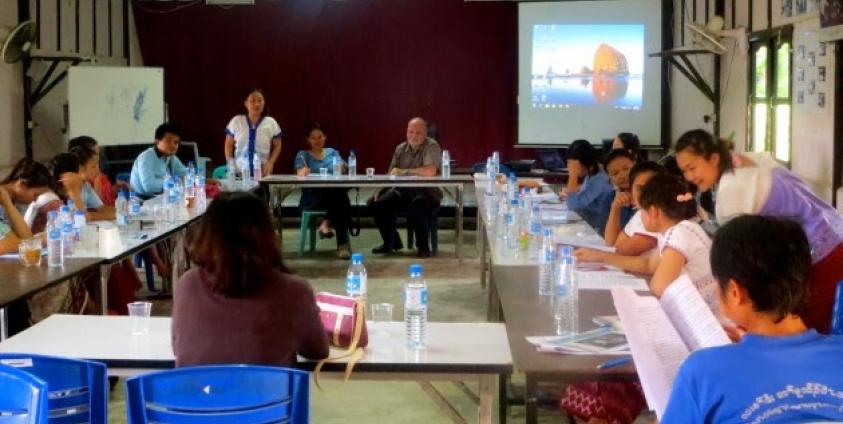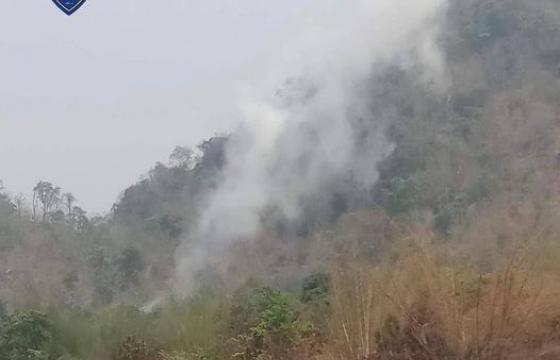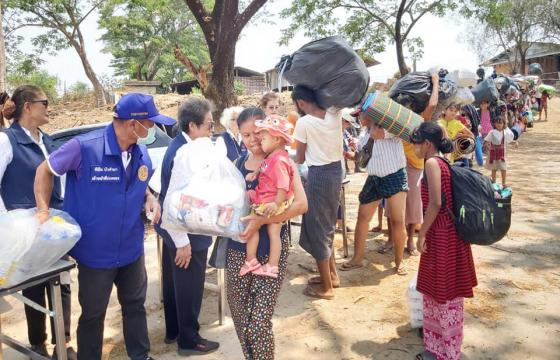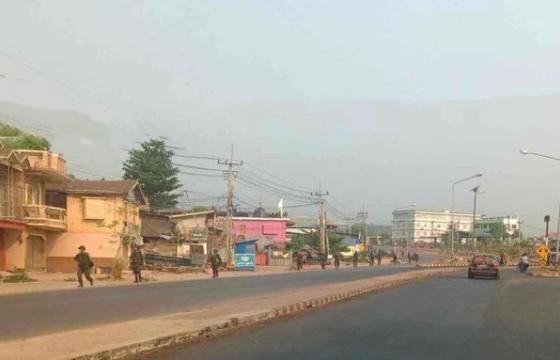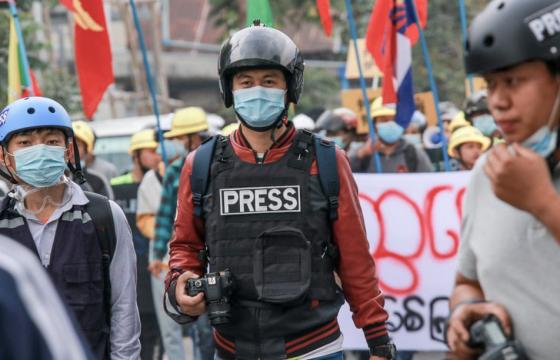Representatives from the United Nations High Commissioner for Refugees (UNHCR) met Karen community based organisations (CBOs) on 23 June to discuss refugee repatriation issues.
The meeting’s included a presentation of the UNHCR’s roadmap on refugee repatriation and was followed by a question and answer session.
The UNHCR’s Senior Field Coordinator for Thailand, Mr. Iain Hall, representatives from Karen community based groups, including the Karen Women's Organisation (KWO), the Karen Student Network Group (KSNG), the Karen Human Rights Group (KHRG) and representatives from the refugee community attended the meeting.
Naw Baw Nyaw, a KWO central committee member spoke to Karen News.
She said: “It is important that the refugee repatriation process has clear guarantees for refugees. What guarantees are now in place if refugees are sent back? There will be social problems, such as discrimination against refugees in rural areas. The issue needs to be discussed thoroughly in order to help the process.”
She pointed out that there is danger of landmines, food security, healthcare, education and physical security for returning refugees.
She said that at present repatriation should not happen because the necessary basic conditions are not in place.
Previously, to mark World Refugee day on 20 June, the KWO issued a statement calling on the Burma Government and the international community to respect refugees rights
The statement said that the conditions that led “refugees to flee in the first place have yet to be resolved, as initial ceasefires have proven to be fragile and regularly breached. In ceasefire areas, an increased presence of Burma Army troops, in terms of both numbers of personnel and infrastructure, threaten the lives of those who continue to live in fear of conflict.”
The KWO statement also warned that “premature repatriation under the current conditions will lead to further suffering for refugees who have already experienced persecution and human rights abuses by the Burma Army.”
Naw Ma Tha Poe, a resident from Mae La refugee camp – the largest camp on the Thai-Burma border, spoke to Karen News about how refugees are caught between a lack of security in returning and a massive decrease in humanitarian aid to the camps on the Thai Burma border.
She said: “With the current political situation, we can’t go back. While we are living in these camps, we will need donor support. If we don’t have support, how can we survive? We can’t leave the camp to work. If the situation back home is good enough for us, we don’t need to be sent back, we will go back on our own right away.”
According to UNHCR records as of March 2015, as many as 10,000 refugees had returned to Burma voluntarily.
Currently, the total population of the nine refugee camps along the Thai-Burma border is estimated at 110,000.
Over the last 30 years as many as 150, 000 people fled from their homes in Burma and sought safety in Thailand due to civil war, militarization, and other human right abuses.
Edited in English by Mark Inkey for BNI

